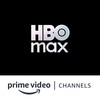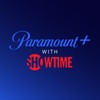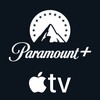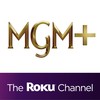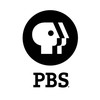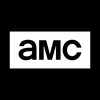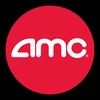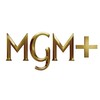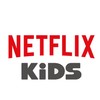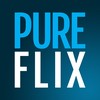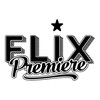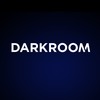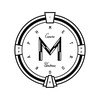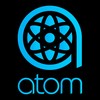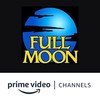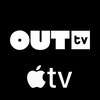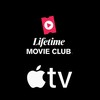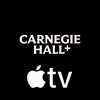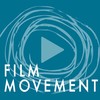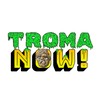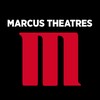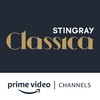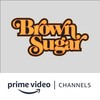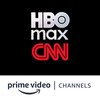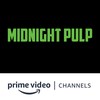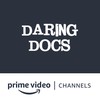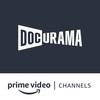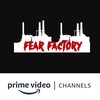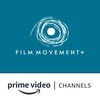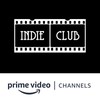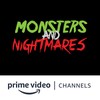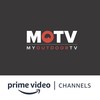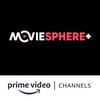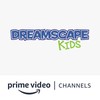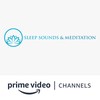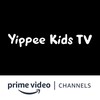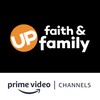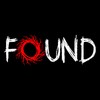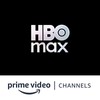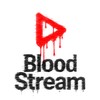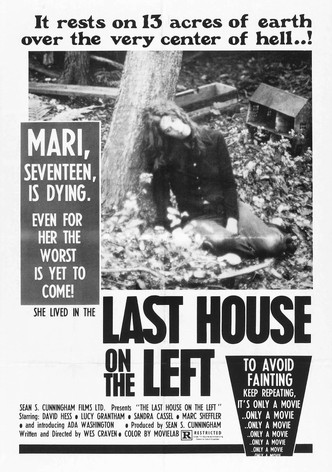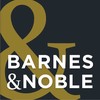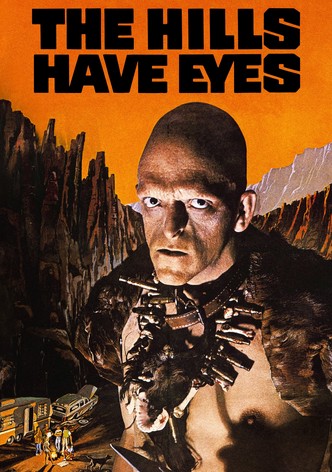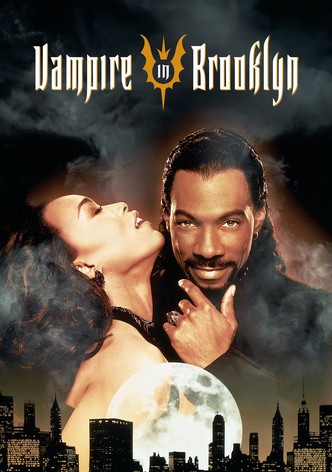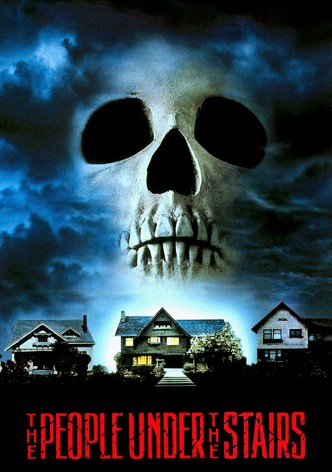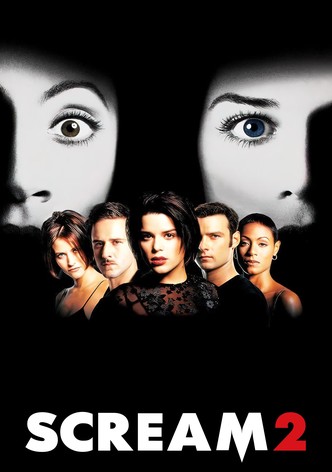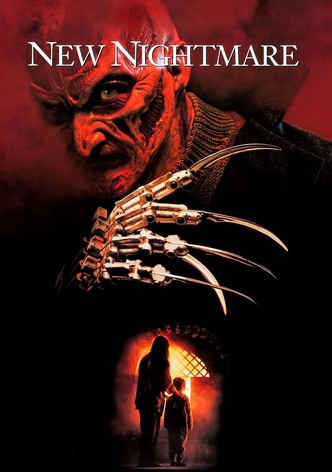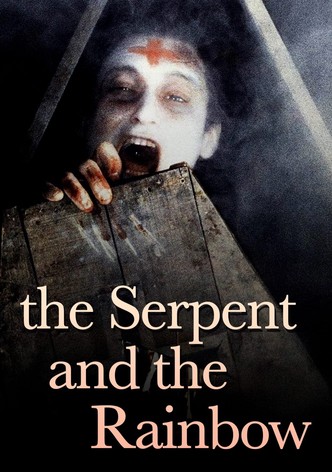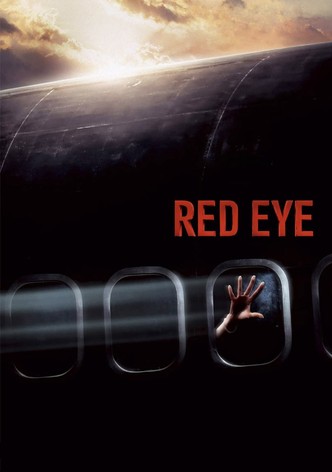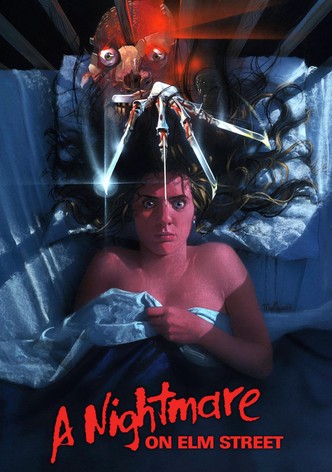Wes Craven stands out as one of the most influential filmmakers of all time. Born in Cleveland, Ohio, and initially working as a college professor before shifting into the world of film, Craven quickly became one of the most accomplished horror filmmakers ever. With a willingness to go absolutely brutal as well as subversively hilarious, Craven showcased the versatility of horror in an era where the genre wasn’t as respected.
It’s hard to imagine what the horror landscape would look like without him, even discounting his creation of the A Nightmare on Elm Street franchise and Scream franchise. In the generation since, modern hits like Sinners (2025), Weapons (2025), and The Black Phone 2 (2025) have all pulled from the same creative playbook that Craven helped define. Here are the 10 best Wes Craven movies every fan should check out and where you can find them on Prime Video, Apple TV, and more.
10. The Last House on the Left (1972)
One of the harshest directorial debuts in cinematic history, Wes Craven’s The Last House on the Left established him as one of cinema's premier horror filmmakers from the get-go. A revenge horror film that focuses on hyper-violence from multiple perspectives, The Last House on the Left is an absolutely brutal film. Its depictions of gruesome violence and sexual assault make it one of the most purposefully sickening horror movies ever released, with Craven relishing in the visceral nature of brutality for great effect—both as a means of making the central villains detestable and to force the audience to reckon with the two mild-mannered parents who decide to lash out at their daughter’s attackers with far more brutality than anyone could have expected.
Lacking almost any charm or humanity, The Last House on the Left is an early indicator of Craven’s artistic capabilities as a filmmaker. If you loved sick twists on the horror genre like The Audition (2000) or ruminations on the banality of evil like The Strangers (2008), then The Last House on the Left is worth checking out. However, audiences who are hoping for any sweetness to break up the horror (as in Craven’s later films) should be forewarned that this is a far more gruesome and cynical Craven than most of his other films would suggest, which is why it ranks in tenth place.
9. The Hills Have Eyes (1977)
Like The Last House on the Left, Craven’s influentially gruesome The Hills Have Eyes is a reminder of just how brutal the director could be with his grim view on humanity. Based on a Scottish legend about a cannibalistic clan in the 16th century, The Hills Have Eyes puts the Carter family on a desperate struggle to survive against a clan of cave-dwelling marauders who slaughter passing travelers. The film draws plenty of inspiration from brutal slashers like The Texas Chain Saw Massacre (1974), but with a deeper sense of empathy and an acidic sense of humor amid all of the horrifying content.
Not for audiences who prefer their horror with more atmospheric supernatural scares, The Hills Have Eyes is an unforgettable film with truly unsettling moments of gore and assault that are still shocking decades later. The Hills Have Eyes (2006) tried to replicate the gruesome magic of this film years later, but the original remains a vicious movie focused on the breaking of average people and the brutality that follows.
8. Vampire in Brooklyn (1995)
A cult classic horror comedy that leans more into humor, Vampire in Brooklyn has enough unique touches to make this Dracula (1931) interpretation set in New York City especially bizarre and strangely compelling. Eddie Murphy and Angela Bassett make for an engaging riff on the same monster/woman connection that made films like Bram Stroker's Dracula (1992) and Nosferatu (2024) famous, with both performers showcasing their charms in a tense dynamic.
Craven leans harder into comedy than ever in Vampire in Brooklyn while retaining just enough of his subtle societal commentary to give the film a subversive core. A creative descendant of Blackula (1972) and a quiet ancestor to Sinners and Vampires vs. the Bronx (2020), Vampire in Brooklyn is a must-see for fans of horror comedies like Shaun of the Dead (2004) or Heart Eyes (2025), but it’s not a great fit for audiences looking for ultradramatic material.
7. The People Under the Stairs (1991)
A brutal film that fuses horror with harsh social satire in a similar way to Parasite (2019), The People Under the Stairs is a terrific and raw horror movie with a mean sense of humor. Focusing on a would-be robber who discovers the wealthy target of his crime is a monstrous couple who have trapped a number of now feral children in the buildings they own, the film feels like a 1990s riff on the same horrifying themes about society and the wage gap as seen in The Hills Have Eyes.
Anyone who didn’t like Hereditary’s (2018) emotional but gonzo storytelling should avoid this film, but for those who did, know that The People Under the Stairs is one of the most intelligent entries in Wes Craven’s filmography. Vicious and with a grim sense of justice that’s just as bleak as the comedy in the film, The People Under the Stairs was a surprise hit when it landed in theaters and remains one of Craven’s darkest social satires.
6. Scream 2 (1997)
As the second film in the deeply influential and subversive slasher series, Scream 2 can’t quite match the original, but it remains a compelling commentary on the nature of movie sequels nonetheless. Scream 2 picks up after the events of the first film and focuses on a new Ghostface killer stalking the college campus, where recurring series lead Sidney Prescott (Neve Campbell) is attempting to move on with her life.
With a surprisingly morally complicated core and exploration of redemption and grief, Scream 2 benefits from the same tight writing and clever scares that made the original so memorable. While it’s not quite as good as the other openly meta horror films that Craven made, Scream 2 is perfect for anyone who enjoyed the self-aware horror stylings of The Blackening (2023) or I Know What You Did Last Summer (2025).
5. Wes Craven's New Nightmare (1994)
One of the most meta-comedies of all time, Wes Craven’s New Nightmare is so brazen in its approach to fourth-wall breaking comedy and commentary that it demands your respect. Focusing on Wes Craven and Heather Langenkamp—the creator of the franchise and the star of the first film about Freddy Krueger—New Nightmare posits that the film series had been containing a nightmarish force for years but now reality is threatened by the franchise closing out with the then-final film, Freddy’s Dead: The Final Nightmare (1991).
Hilarious in its Deadpool-esque sense of comedy and clever in its horrific moments of blurring the lines between reality, New Nightmare is a wildly clever movie that isn’t for people who don’t like meta-commentary or fourth-wall breaking parodies with a layer of social commentary like Rick and Morty (2013) or Team America: World Police (2004).
4. The Serpent and the Rainbow (1988)
A creepy and unsettling film that leans more into mystery and atmosphere, The Serpent and the Rainbow is one of Wes Craven’s creepiest films. Featuring an interpretation of voodoo practices that doesn’t feel hokey or cheap, the film focuses on an anthropologist who ends up in the thrall of a nightmarish Vodu priest who steals people’s souls and turns them into his zombie servants.
With a sense of visual style and grimy horror that feels similar to Sam Raimi’s work on Drag Me to Hell (2009), The Serpent and the Rainbow is one of Craven’s most overtly creepy films, with a tense tone that never betrays the special-effects-heavy elements. While its approach to the supernatural can be dated, there’s a seriousness to it that lacks the kind of campy comedy Craven could have otherwise brought to the film. Definitely not for the audiences who prefer Craven’s sillier fare, The Serpent and the Rainbow is an unforgettable experiment in atmosphere.
3. Red Eye (2005)
The closest Wes Craven ever got to making an Alfred Hitchcock movie, Red Eye is an underrated classic in Craven’s filmography. Set in the closed environment of an airplane mid-flight, the film stars a young Cillian Murphy as a dangerous killer who lures Rachel McAdams’ Lisa Reisert into a false sense of security before revealing his true nature.
A tight and tense thriller, Red Eye is perfect for audiences who enjoyed the clever twists and turns of Drop (2025). Bolstered by a strong script and great lead performances, Red Eye is a pulpy little horror film that still finds room for Craven’s trademark fusion of subtextual satire and subversive horror riffs. While it may not be what audiences looking for splatter gore like The Evil Dead (1981) want from the filmmaker, Red Eye is a well executed, tense thriller that audiences just don’t get anymore.
2. A Nightmare on Elm Street (1984)
One of the most iconic slashers of the 20th century, A Nightmare on Elm Street remains one of the best examples of what made Wes Craven so legendary in the horror genre. Introducing audiences to the iconic Freddy Krueger, A Nightmare on Elm Street is an ambitiously produced horror film that turned the dreamscape into a killing field.
Full of creative kills and amazing practical effects, the movie grounds it all in the trauma of a young woman, Nancy, who struggles to reckon not just with the murderous monster stalking her dreams but also a world that lives in denial of the trauma and horror around it. Not for audiences who prefer their scary movies rooted in real life, A Nightmare on Elm Street is a visual treat for horror fans and a dream scary season night flick. It’s a perfect peer for other stone-cold classics like Halloween (1978) and Friday the 13th (1980).
1. Scream (1996)
The most subversive turn in horror history, Scream is shockingly good the first time around and still effective decades after it first hit theaters. Scream is the ultimate self-aware slasher, a fun riff on the genre with a tendency to play with genre rules to horrifying effect, including an opening sequence twist that upends every expectation fresh-eyed viewers have coming into the film for the first time.
Just as much a commentary on the horror genre as it is on American society’s need to be famous, Scream is quietly brilliant and endlessly entertaining. Bursting at the seams with unexpected comedy and deceptively deep performances, the film’s tight script is only bolstered by Craven’s amazing direction. An ideal blend of satire and seriousness, with a climactic twist for the ages that rivals the likes of Psycho (1960), Scream remains one of the best horror movies ever made and the highlight of Wes Craven’s impressive career.













